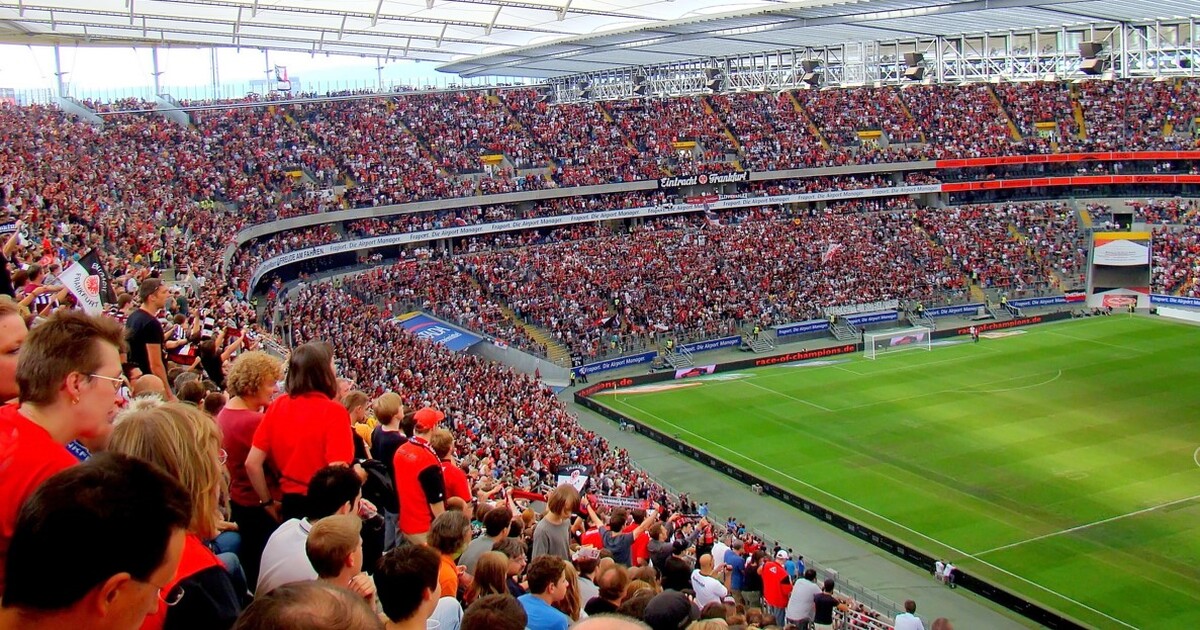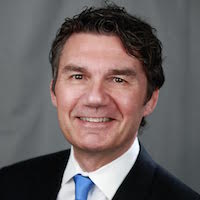Tennis Balls Against the Future
How the closed-mindedness of German soccer fans explains the country’s great reluctance to accept change of any kind.
February 26, 2024

The ownership structure of German professional soccer teams is charming – but quite outdated. To this day, German clubs are mandated to be owned in the majority by their member fans.
One of the benefits of this model is that ticket prices are quite affordable – especially when compared to those in England or Spain.
Consequently, German stadiums are filled to capacity far more often than elsewhere, which creates an exciting atmosphere.
No despots or money launderers
Due to this structure, German teams have escaped the embarrassment of not being owned by despicable despots or potential money launderers – as is the case in the English Premier League.
Nor, for the most part, is reckless financial management the cause for bankruptcy – or increased risk of corruption – as is the case in the powerful Spanish League or in Italy.
German soccer stuck in structural mediocrity
But the German model is, in the end, a sleepy, conservative, 20th century model that is stuck in a rut. It condemns the German soccer league (the “Bundesliga”) and German soccer in general to international mediocrity.
Television rights for the league – a major source of income for international soccer everywhere else – are comparatively cheap.
To soccer streamers, the attractiveness of an average game of the German Bundesliga generally compares poorly to the excitement that the English Premier League instils.
Reform? No thanks!
The governing body of German professional soccer (the DFL) has tried several times to tweak the rules to wake up German soccer Snow White from her slumber.
Each time, fan protests led to the same result – an uncompromising rejection of any proposed changes.
The latest reform effort had been approved by a narrow and required two-thirds majority of teams in Germany’s first and second leagues in December 2023.
No matter how timid
The reform package did not change the sacred ownership question of German professional soccer teams. But it approved a €1 billion deal, by which the DFL planned to sell 8% of revenues generated by Television and marketing rights over the next 20 years to a private investor.
This modest change would – at least in theory and intent – improve the competitiveness of German soccer without trampling on the holy grounds of the romantic German team ownership model.
The power of “ultras”
The rejection to this reform by the most dedicated German soccer fans, also referred to as “ultras” in Germany, has been almost unanimous.
During almost every professional game and in a child-like, coordinated effort between the visiting fans and the home fans, these ultras have disrupted matches by throwing massive amounts of items.
Most recently, tennis balls were thrown onto the pitches during games, causing game interruptions.
German “ultras” are extremely self-centered and narrow-minded. To them , it is always their way – or the highway.
Bowing to senseless pressure
In reaction to the “tennis ball civil disobedience” to investments in German soccer, the DFL has now abandoned the reform effort.
Officials claimed to bow to “democracy”– when they really succumbed to extreme rigor and closed-mindedness.
Back to the good old days
Many German soccer fans will be relieved. They can continue to live in their 20th century bubble of self-contained comfort and happiness.
A cowardly bunch, they will feel pride that, by putting their collective feet in the door, they stopped change.
Germany outclassed? So what?
One direct consequence of this remarkable exercise in collective middle-aged man intransigence is that German soccer will also remain stuck in steady decline.
Once a world beater, it has been passed down from top-tier to second-tier status in its international comparison. It is now on its way to the third tier.
Where soccer meets domestic politics
The true significance of this story, however, reaches well beyond the soccer pitch. The manifest German reluctance to accept change in the “soccer world” is sadly indicative of a much wider German reluctance to reform in general.
As the expression goes: The only constant thing in life is change! Not in Germany. Many Germans are unwilling to adopt change – or make tweaks to the system to stay current.
Germans are creatures of comfort
In some ways, the German population is in the majority made up of the equivalent of Germany’s soccer “ultras.”
Germans are creatures of comfort. They love the way things are. They do not want them to be any other way – and they often reject reform. If mediocrity is the price to pay, then so be it.
German newspapers may be full of articles talking about the need for Germany to digitize, to reform its tax system, to deregulate and to attract foreign investment.
But all those constructive suggestions – including those to reduce the burden of social costs on the younger generations, to alter the country’s educational system, to massively invest in infrastructure and to spend more on defense etc. – are akin to fiddling on the deck of the Titanic.
Meanwhile, Germany falls deeper and deeper into mediocrity as economic growth, future potential, scientific progress and competitiveness are concerned.
Conclusion
Just as in soccer, where German “ultras” claim to represent many “average” Germans, few people seem worried about accepting that resulting decline in order not to upset their “creature of comfort” status.
Yet, the flaws of that approach are visible to many – and have led to a rise in extremist parties in Germany as well.
But, those forces are solely built on verbalizing anger and hatred. Their main tool is throwing their own incendiary devices into crowds.
And their success depends on Germans’ being perversely enamored with their slide into mediocrity.
And so, what applies to German soccer, applies to German society. Or to put in the words of the late British Prime Minister, Harold Wilson, one might say: “He who rejects change is the architect of decay. The only human institution which rejects progress is the cemetery.”
Takeaways
The closed-mindedness of German soccer fans explains the country’s great reluctance to accept change of any kind.
Germans are creatures of comfort. They love the way things are. They don’t want them to be any other way and they often reject reform. If mediocrity is the price to pay, then so be it.
German newspapers may be full of articles talking about the need for Germany to digitize, to reform its tax system, to deregulate and to attract foreign investment. But all those suggestions are akin to serenading on the deck of the Titanic.
To their credit, German soccer teams are not owned by despicable despots or potential money launderers, as is the case in the English Premier League.
The German club ownership model is a sleepy, conservative, 20th century model that condemns German soccer to international mediocrity.
Reforming the German professional soccer model is going nowhere. Most recent efforts have caused the fan base (“ultras”) to bombard soccer fields with tennis balls during game time.
The parallel between German soccer and the backwardness of German politics is mind-boggling.
Apparently no democratic coalition can bring Germans to adopt meaningful reform, condemning the country to economic and political decline.
Extremist parties are gaining ground, but have no solutions because the problem is embedded in German reluctance to adapting to change.
Is Germany a cemetery already? Possibly so. After all, the only human institution which rejects progress so ardently as Germany does is the cemetery.

